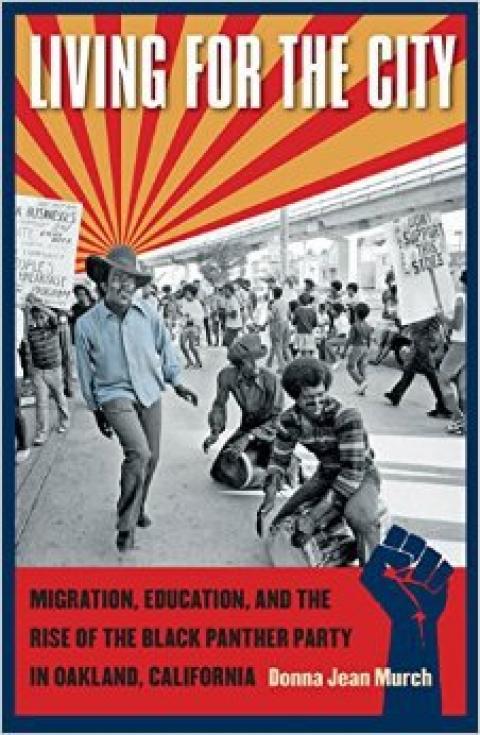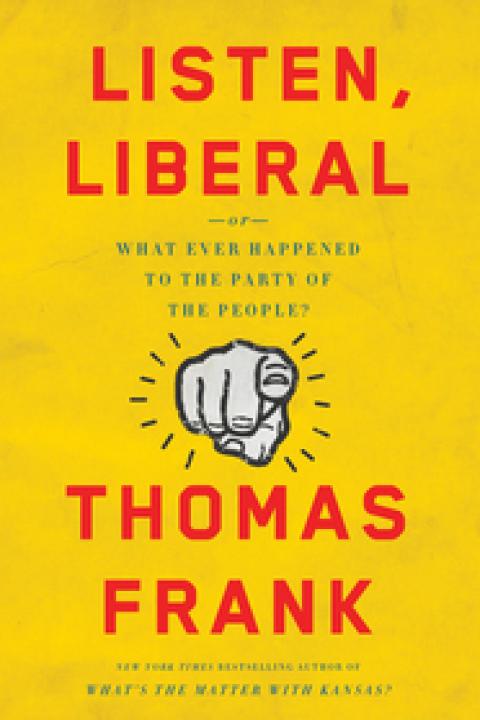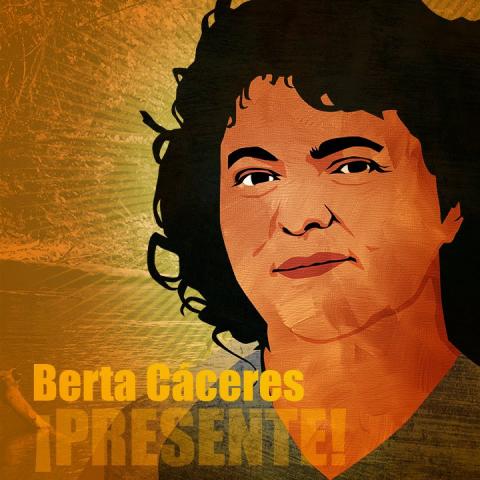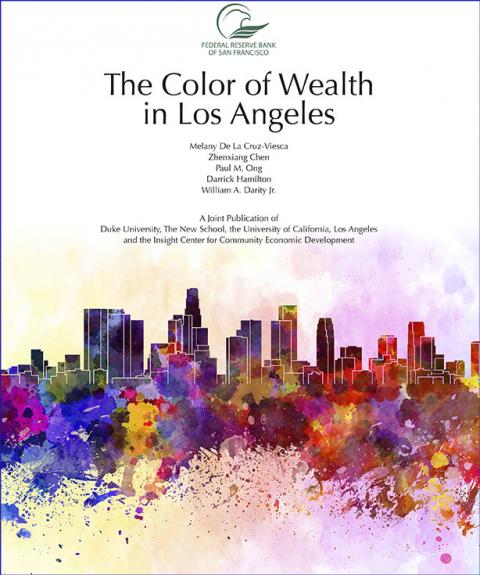How Lessons from the Black Panthers Could Change the Food Movement
The Grist

The fact that many children can get breakfast at public school may well be thanks to a revolutionary act that brought down the fury of Hoover’s FBI. To dig deeper into this history, and ask about the lessons it holds for modern food activists, Nathaneal Johnson spoke with Murch, a professor at Rutgers University and the author of Living for the City: Migration, Education and the Rise of the Black Panther Party in Oakland, California.






Spread the word